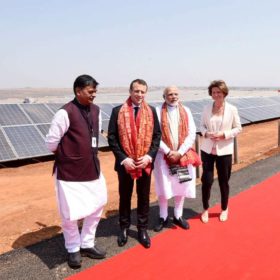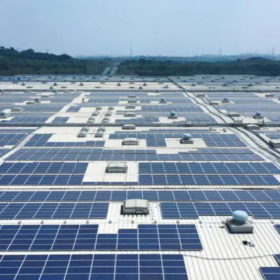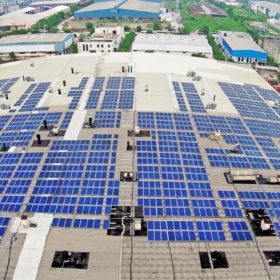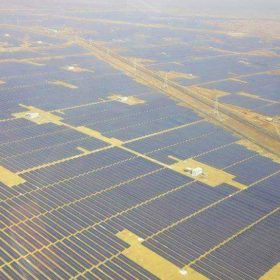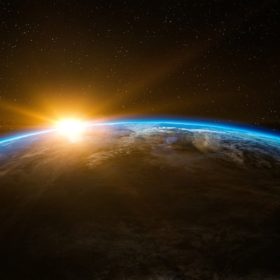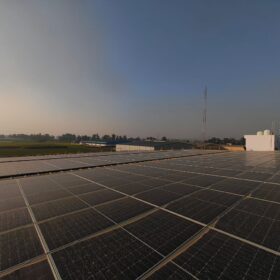Li-ion Gigafactories: Niti Aayog seeks cabinet nod for Rs 7 billion annual subsidy proposal
Already approved by the finance ministry, the proposal aims to woo investors into setting up manufacturing units in India and lower battery costs with indigenization of technology. An aggregate manufacturing capacity of 50 GWh is planned to be set up over a period of 10 years, which would require investments worth Rs 355 billion.
European investor EQT and Singapore’s Temasek launch renewable energy JV in India
Led by Indian developer Renew Power’s former CEO Parag Sharma, the joint venture by these global investors aims to install over 4 GW of utility-scale capacity across solar and wind projects.
Engie sells controlling stake in 813 MW Indian solar portfolio
Mumbai investor Edelweiss Group will gain a controlling stake in the generation assets in a deal which Engie says will allow it to reduce its debt by Rs3,160 crore.
DISCOM reforms, access to finance key to solar uptake
Power distribution reforms and scaling up of solar adoption among MSMEs through captive renewable energy policy and comprehensive Credit Guarantee Mechanism are among measures expected from the budget.
Maheswari Mining & Energy secures the largest slice of 97.5 MW rooftop solar
The developer won 9 MW under RESCO mode. Other major winners include SunSource with 8 MW, Ampsolar and Varp (5 MW each), and Hero Future and HFM Solar Power (4.075 MW each).
Budget 2020: TERI’s wishlist for solar, storage and more
Increased funding under the KUSUM Scheme to create further markets in farmland solar, viability gap funding to promote installation of grid-connected battery storage, and R&D support to zero-carbon technologies for cement and steel sectors would take India ahead on the green path—says the sustainability thinktank.
Tata Power Solar bags 250MW solar project from NTPC
The project—valued at Rs 15,050 million—is to be set up using only domestically manufactured cells and modules. Completion period is 20 months.
Andhra Pradesh: Care Ratings puts 26 renewable developers on negative watch
Ratings may be downgraded if there is a persistent delay in resolving the tariff related dispute or any adverse revision in the tariffs by the state regulator and/or continued delays in receipt of payments from DISCOMs.
GAIL to fund start-ups in renewable and alternate energy space
Startups looking for an equity investment from the state-owned gas utility can submit proposals online till January 24.
‘India will add 14 GW of solar this year’
The annual global outlook report for solar published by IHS Markit notes there was no real uptick in the amount of new capacity added last year, compared with the returns seen in 2018. That is likely to kill any hope India has of overtaking the U.S. as the world’s second biggest solar market in 2020.


